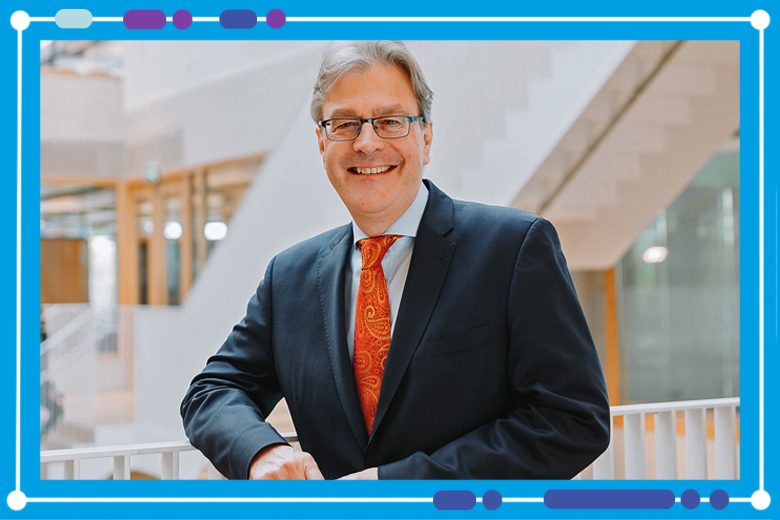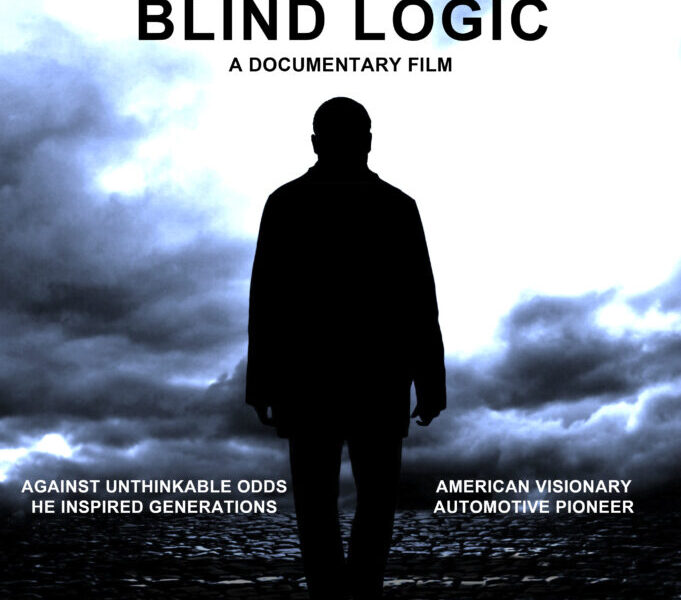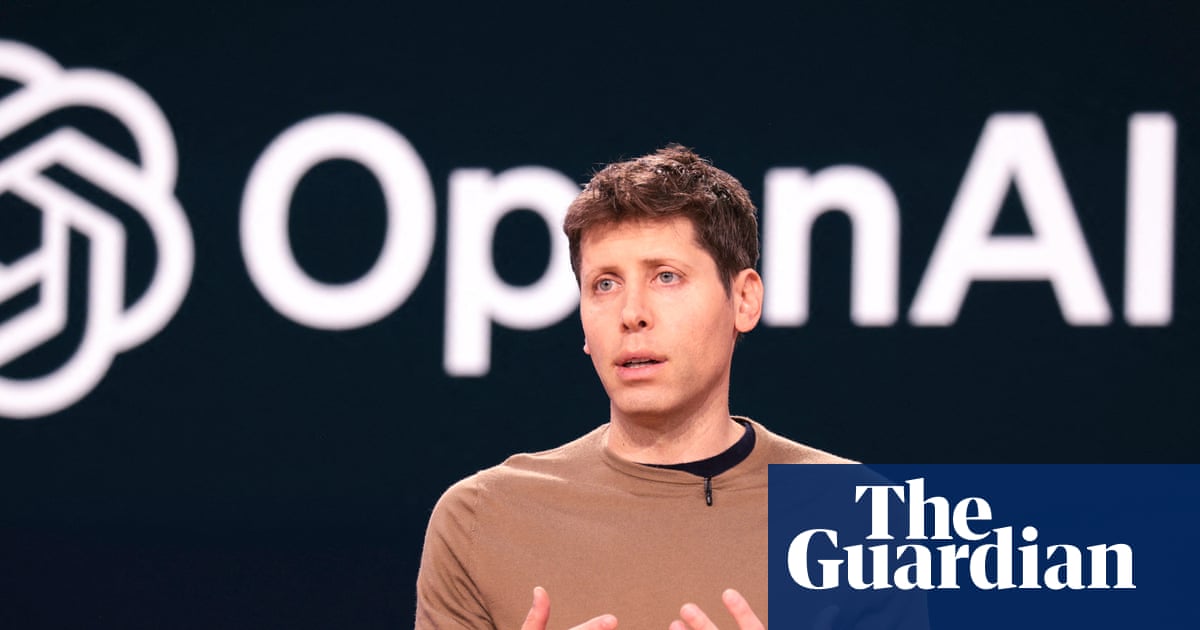Browse the full results of the World University Rankings 2025
Ed Brinksma has become something of a dab hand at leading a university through turbulent times.
The outgoing president of Erasmus University Rotterdam (EUR) took over the institution in the middle of the coronavirus pandemic, in September 2020, when the campus was shut. Three months later, the rector magnificus stepped down, and the post went unfilled for nine months.
The following year, Brinksma was hit with the first of three student occupations by OccupyEUR. The involvement of the riot squad to help clear a building received heavy criticism from students and staff.
And earlier this year, EUR and the rest of the sector were stunned when the new Dutch coalition government announced severe budget cuts to higher education, research and innovation.
ADVERTISEMENT
“Experience helped a lot,” he says, when asked how he guided the university during periods of instability. Brinksma, who retired from EUR this month, had previously served as president of Hamburg University of Technology for two and a half years, and before that had spent eight years as rector magnificus of the University of Twente.
“I had already seen two universities and their turbulent times. Although I must admit that the last four years probably have been the most challenging in the sense of external factors influencing your agenda.”
ADVERTISEMENT
Dutch universities are fighting the funding cuts on legal grounds, because a formal funding agreement had already been made with the previous government. But regardless of that outcome, Brinksma says, the “most worrisome thing” is that “there seems to be no well-thought-out plan” for the sector from ministers.
“Apparently higher education is not very high on the [priority] list,” he adds.
Dutch universities are already “in a bit of a financial squeeze”, says Brinksma, because of recent high levels of inflation, a shrinking youth population and a national clampdown on internationalisation.
“All in all, I think it’s a potent mixture that could be quite dangerous to the system,” he says.
On the longstanding debate on internationalisation, Brinksma believes that EUR has the right balance of local and international students and programmes: about 25 per cent of students come from abroad, while seven out of 40 undergraduate programmes are taught exclusively in English. “Although the municipality always tells us that we have too many internationals,” he says.
“If we look at the local economy, the port of Rotterdam, which is the largest in Europe, will fly in top talent from abroad that we do not educate ourselves…The port has this huge challenge of transformation out of the fossil fuel economy. It needs all the talent you can throw at it to solve it. So we’re really dealing with completely different sentiments,” he adds.
It is that reliance on fossil fuels that led to the first student occupation at EUR in November 2022. Students were calling for the university to break all ties with the fossil fuel industry.
Brinksma says he “regretted how things went at a particular stage” with OccupyEUR, but he is “not sure I could have handled it in a different way”.
ADVERTISEMENT
His plan was to allow “room for that protest”, but his approach shifted when police warned that “a more radical group” in the Netherlands might be making its way to the EUR campus, he says.
“Suddenly the whole equation changed. We could have outsiders coming to our campus. And in the particular building they had chosen [to occupy], we would not be in control of things. So then we had to take the decision to discontinue this occupation and to send in the police,” he recalls.
Brinksma says the incident taught him that the university “needed much better preparation with the police”, including developing plans for responding to protests based on different circumstances.
“It doesn’t change the fact that if the outcome would have been the same – a high probability that we would have outside activists on our campus – the [university’s] decision would also have been the same. But we would probably have been better in communicating about that, in being prepared for that, both beforehand and perhaps afterwards,” he says. “We all underestimated the communication fallout that we had at the end because people were very upset about that.”
A committee at EUR is due to publish guidelines for cooperation with the fossil fuel industry this autumn, following a consultation with members of the university.
OccupyEUR was not Brinksma’s first experience of campus protests. He recalls the anti-apartheid demonstrations when he was a student, but he believes the “modern generation” of activists are very different.
“They just have a list of demands. They don’t want to discuss with you…And that’s not something you can really deal with,” he says.
“If you do these things [such as demonstrations], there must be room for talks, negotiations, discussion. I remember when I was a student, we wanted to discuss no end.”
ADVERTISEMENT
EUR might seem like an unusual choice of institution for Brinksma, a computer scientist, given that there are no science or technology departments; it focuses on social sciences, humanities and medicine.
But he says it was exactly that that “motivated” him to move to Rotterdam – a place seen as a “workers city”, where even the social scientists “had this attitude that perhaps they’re not as important as all these businesses and computer scientists”.
Brinksma had a different perspective.
“I told them, ‘No, you’re essential,’” he says. “Working from the other end, I had seen big innovation projects typically fail because they hadn’t taken the social context adequately into consideration. We can have a tremendous technical improvement, but if there are ethical problems, if the financial models are not there, if the economy cannot do anything with it, if the legal part of it hasn’t been elaborated – it won’t fly.”
He adds: “There is this absolute obsession with deep tech, which for some part I share – I’m aware of the power of transformation that can be found in technology ideas – but I think sometimes it’s also hugely overrated.”
He is particularly proud of the role he has played in pushing forward the “Convergence” alliance – a collaboration between EUR, Delft University of Technology and Erasmus Medical Centre that is aimed at providing solutions to urgent societal challenges.
Brinksma’s retirement has also led him to reflect more broadly on his three leadership roles at universities. He believes that all universities have an “obsession with content” rather than process. This means that “a university leader can only lead by inspiring and motivating the academic community”.
“Because they won’t be swayed by pure authority; they don’t recognise that,” he says of academics. “They want a good idea, and it’s up to you to explain to them that what you want to do is a good idea, or at least could be a good idea.”
However, he has also noticed three key differences between the management and governance of Dutch and German universities.
In the Netherlands, strategic plans are developed and then, when close to implementation, the details are checked by a lawyer, he says. “In Germany, it was precisely the other way around. If somebody flashed a bright idea, somebody would point out, ‘Uh-oh, but the law does not allow it.’ So legal checks would be first and elaboration later.”
Second, there are different concepts of academic freedom, he says. The Dutch law of higher education uses the term, but it is not precisely defined; it tends to refer to not only the rights of individual researchers, but also to the institutions themselves in terms of their freedom to make choices without interference from government, Brinksma explains. In contrast, in Germany, academic freedom is enshrined in the constitution and “it is a right that is awarded to an individual professor, which makes a huge difference”.
“It means that as a university president or rector, you cannot be very directive. Even people teaching the same courses, you could not stipulate that they should use the same book,” he says. “People can simply use the law to say that they refuse to do things.”
Third, German higher education is much more complicated, he says, because it is a federal system and education is the authority of the individual states; as such, there are 16 different laws on higher education.
“As Dutch people, we were usually quite jealous of the enormous amounts of money that the German federal government poured into research. But it was not as simple as that,” says Brinksma.
“It means that to change things at a federal level [in Germany], across all the universities, you need a lot of time and patience.”
Brinksma is now leaving behind many of those nuances and complexities (although he will remain on several supervisory boards for universities). When he announced his retirement at the beginning of the year, he said he was “choosing a future in which I can devote more time and attention to the people close to me”. He also hopes to dedicate more time to his favourite hobby, cooking.
When he joined EUR from Hamburg, the campus was “a ghost town”. He still thinks back on the first day he witnessed “normal campus life” there, more than a year after he arrived.
“I have a balcony next to my room, and it was a wonderful day and suddenly the campus was full of students. I was standing there with a big smile because this is what you’re there for: a university with students.”
ellie.bothwell
This is part of our “Talking leadership” series with the people running the world’s top universities about how they solve common strategic issues and implement change. Follow the series here.
ADVERTISEMENT












